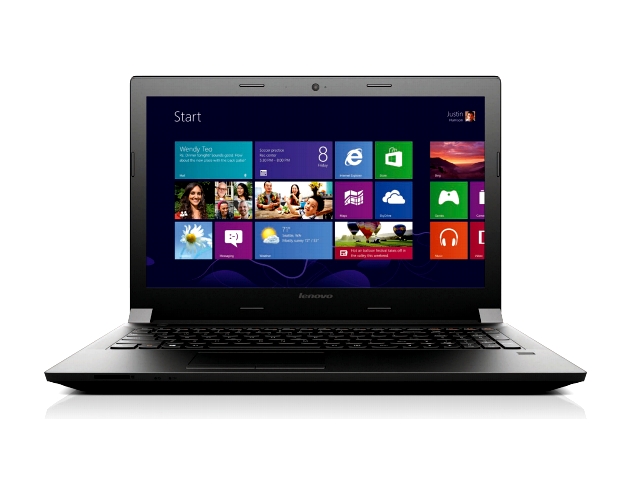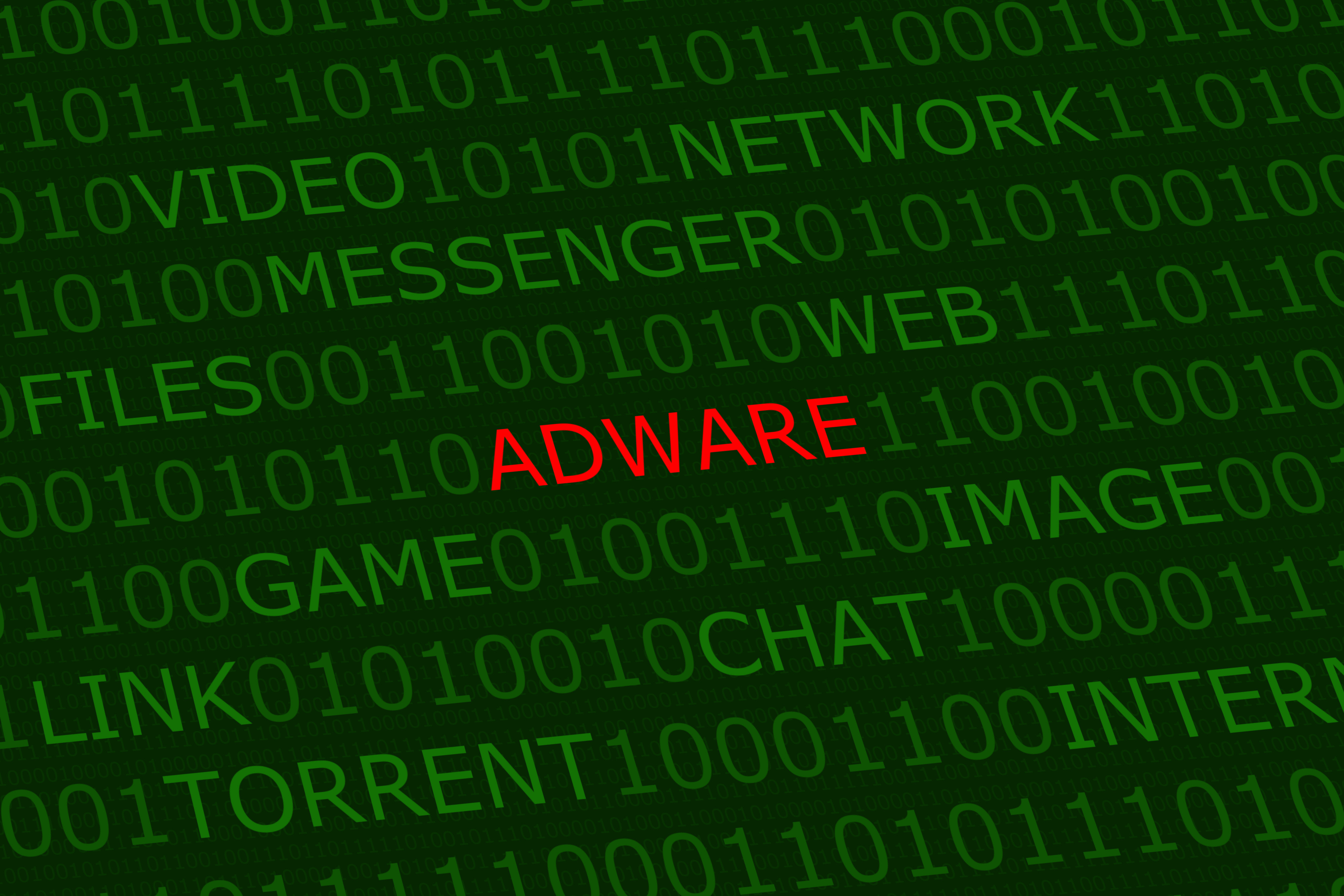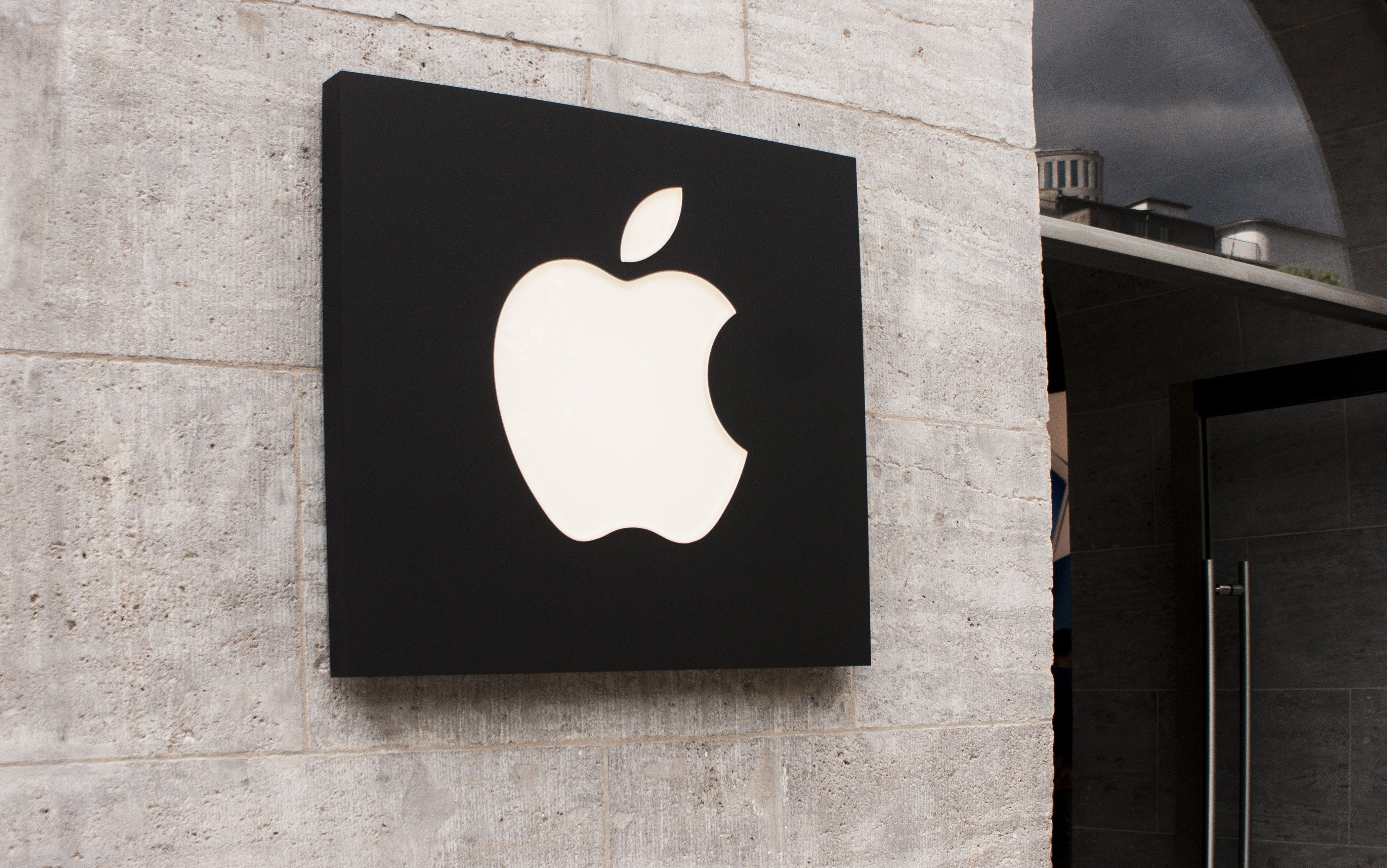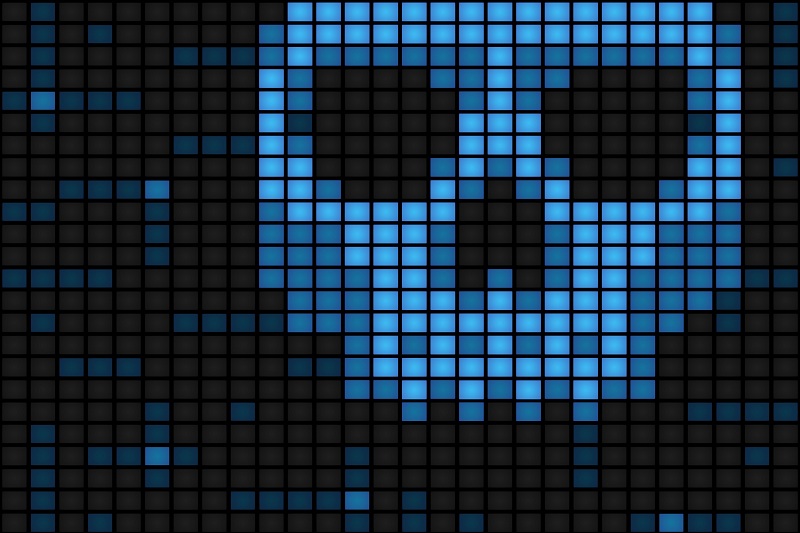Lenovo vows to cut bloatware after Superfish
The company says it will drop adware after its Superfish debacle left customer data at risk


Lenovo is to cut bloatware on its PCs to prevent security concerns triggered by the Superfish adware that led to a compromised HTTPS protocol.
The Superfish adware preloaded on Lenovo consumer notebooks from September 2014 caused great concern from privacy and security groups because it could potentially allow attackers to access encrypted data when it inserted visual search results into a browser.
This is because it used a self-signed security certificate, which, if compromised, could have provided hackers with access to all of a user's browser data - regardless of whether it had been encrypted.
Now, Lenovo said it will remove all adware and bloatware from new devices, offering tools to customers that can remove Superfish, as well as a free six-month subscription to McAfee LiveSafe service or, for existing users of the security software, a six-month extension on their existing plan.
The company said in a statement: "The events of last week reinforce the principle that customer experience, security and privacy must be our top priorities. With this in mind, we will significantly reduce preloaded applications. Our goal is clear: To become the leader in providing cleaner, safer PCs."
It will, however, include software that is "customarily expected" in some countries, which could, for example be default search engines and browsers in countries outside Western Europe.
"We are starting [to roll this out] immediately, and by the time we launch our Windows 10 products, our standard image will only include the operating system and related software, software required to make hardware work well (for example, when we include unique hardware in our devices, like a 3D camera), security software and Lenovo applications," the company added.
Get the ITPro daily newsletter
Sign up today and you will receive a free copy of our Future Focus 2025 report - the leading guidance on AI, cybersecurity and other IT challenges as per 700+ senior executives
It plans to list all the software preloaded on its PCs and explain what it's all for to prevent the surprise of unwanted preinstalled software.

Clare is the founder of Blue Cactus Digital, a digital marketing company that helps ethical and sustainability-focused businesses grow their customer base.
Prior to becoming a marketer, Clare was a journalist, working at a range of mobile device-focused outlets including Know Your Mobile before moving into freelance life.
As a freelance writer, she drew on her expertise in mobility to write features and guides for ITPro, as well as regularly writing news stories on a wide range of topics.
-
 CyberOne appoints Microsoft’s Tracey Pretorius to its advisory board
CyberOne appoints Microsoft’s Tracey Pretorius to its advisory boardNews The threat intelligence leader will provide strategic guidance to CyberOne’s executive team
By Daniel Todd
-
 CISA issues warning in wake of Oracle cloud credentials leak
CISA issues warning in wake of Oracle cloud credentials leakNews The security agency has published guidance for enterprises at risk
By Ross Kelly
-
 New Adload malware bypasses Apple’s XProtect to infect macOS devices
New Adload malware bypasses Apple’s XProtect to infect macOS devicesNews Old malware retooled to evade Apple defenses
By Rene Millman
-
 Common malware slipped past the macOS notarization process twice
Common malware slipped past the macOS notarization process twiceNews Apple immediately revoked the notarization, but the adware slipped through again
By Justin Cupler
-
 Researchers blast Swedish developer WakeNet AB for ‘deceptively’ spreading adware
Researchers blast Swedish developer WakeNet AB for ‘deceptively’ spreading adwareNews Bad actors are using tools like 'embed movie' to coax victims into installing software that house adware
By Keumars Afifi-Sabet
-
 Zacinlo malware threatens Windows 10 PCs' security
Zacinlo malware threatens Windows 10 PCs' securityNews Malware takes screenshots of users' desktops, and has been operating silently for six years
By Keumars Afifi-Sabet
-
 Facebook warns of new Superfish threat
Facebook warns of new Superfish threatNews The fake security certificate used by the Lenovo-installed adware can be re-used by hackers, says social network
By Joe Curtis
-
 Yahoo serves up New Year malware to European customers
Yahoo serves up New Year malware to European customersNews Malicious adverts infect users’ computers.
By Jane McCallion
-
 Malwarebytes flags fake Flash update
Malwarebytes flags fake Flash updateNews Unusual and inappropriate ads injected into websites.
By Jane McCallion
-
 File sharing infects 500,000 computers
File sharing infects 500,000 computersNews McAfee reveal details on what it calls the most significant malware outbreak since 2005, as peer-to-peer networks look under threat.
By Asavin Wattanajantra